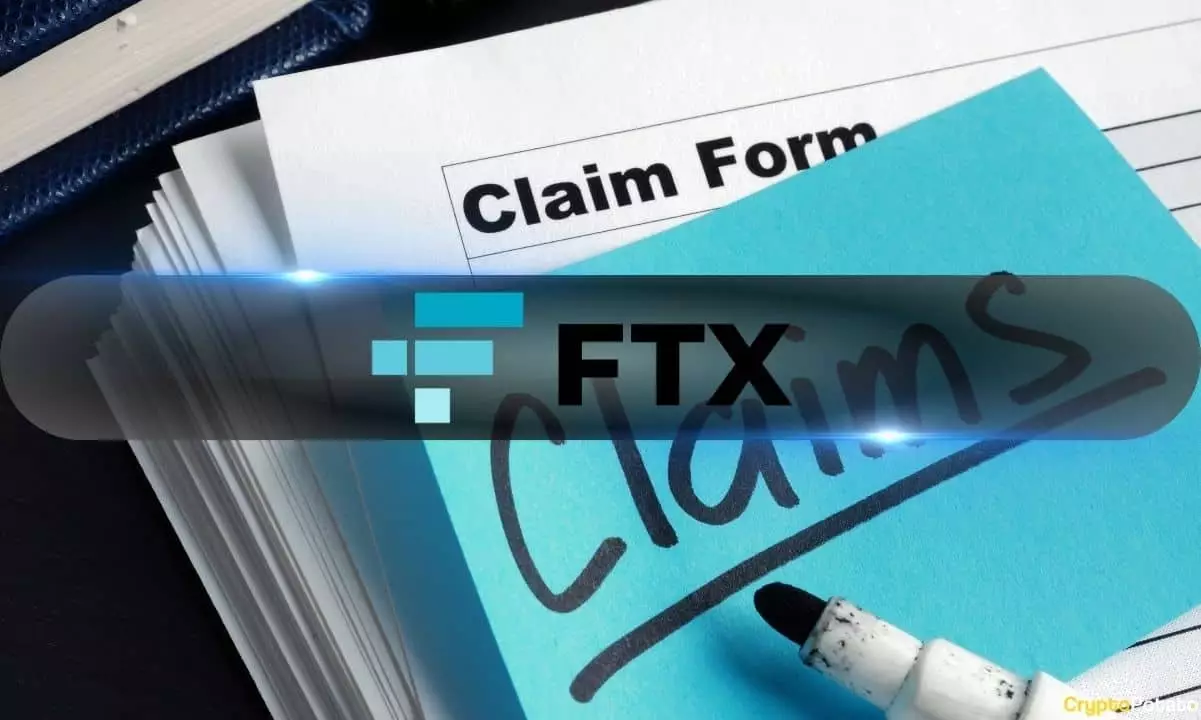The objections raised by creditors of the bankrupt cryptocurrency exchange FTX highlight significant concerns regarding the proposed reorganization plan. One of the key issues revolves around the failure to address property rights issues and meet the best interest test as required by the Bankruptcy Code. This omission raises questions about the fairness and legality of the proposed plan, casting doubt on its overall suitability.
Another critical aspect that the creditors objected to is the inconsistent debtors liquidation analysis within the reorganization plan. This inconsistency not only undermines the credibility of the proposed plan but also indicates a lack of thoroughness in assessing the financial implications and outcomes of the proposed restructuring. Such discrepancies call into question the reliability and accuracy of the financial projections and outcomes presented in the plan.
While the crypto community initially responded positively to FTX’s proposed reorganization plan, creditors such as Sunil Kavuri expressed their disapproval of its terms. One of the key points of contention is the proposal to make repayment distributions in cash, which could potentially result in additional taxation for creditors. Kavuri and other objectors argue that making distributions “in kind” would not only avoid tax implications but also provide a more favorable outcome for the affected parties.
Concerns Over Confirmability and Unambiguous Terms
In addition to the tax implications, the objectors raised concerns about the confirmability of the proposed plan as a matter of law. They also pointed out that the plan includes releases that are not in the estate’s interest and contains ambiguous terms of service and statements by the debtors. These issues further highlight the need for a comprehensive review and potential revision of the proposed reorganization plan to address these legal and procedural shortcomings.
The objections raised by creditors of FTX shed light on significant deficiencies and inconsistencies within the proposed reorganization plan. From property rights issues to debtors’ liquidation analysis and repayment distributions, there are multiple areas of concern that need to be addressed. It is imperative for the bankruptcy court to carefully evaluate these objections and work towards a fair and equitable resolution that upholds the principles of the Bankruptcy Code and safeguards the interests of all parties involved.

